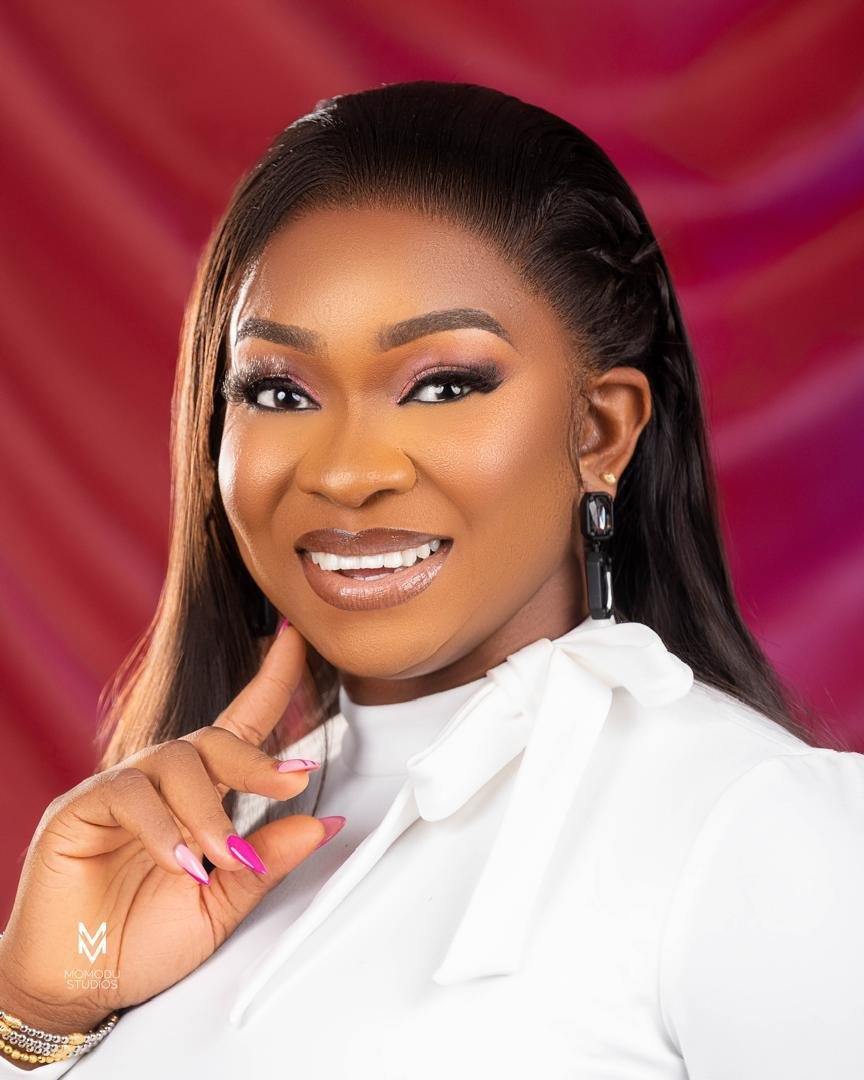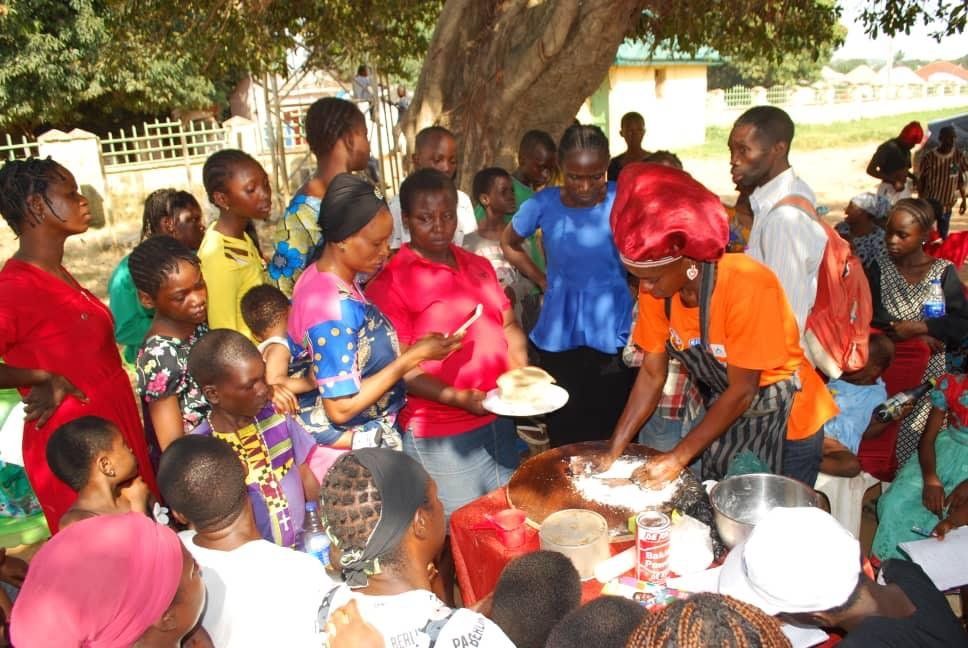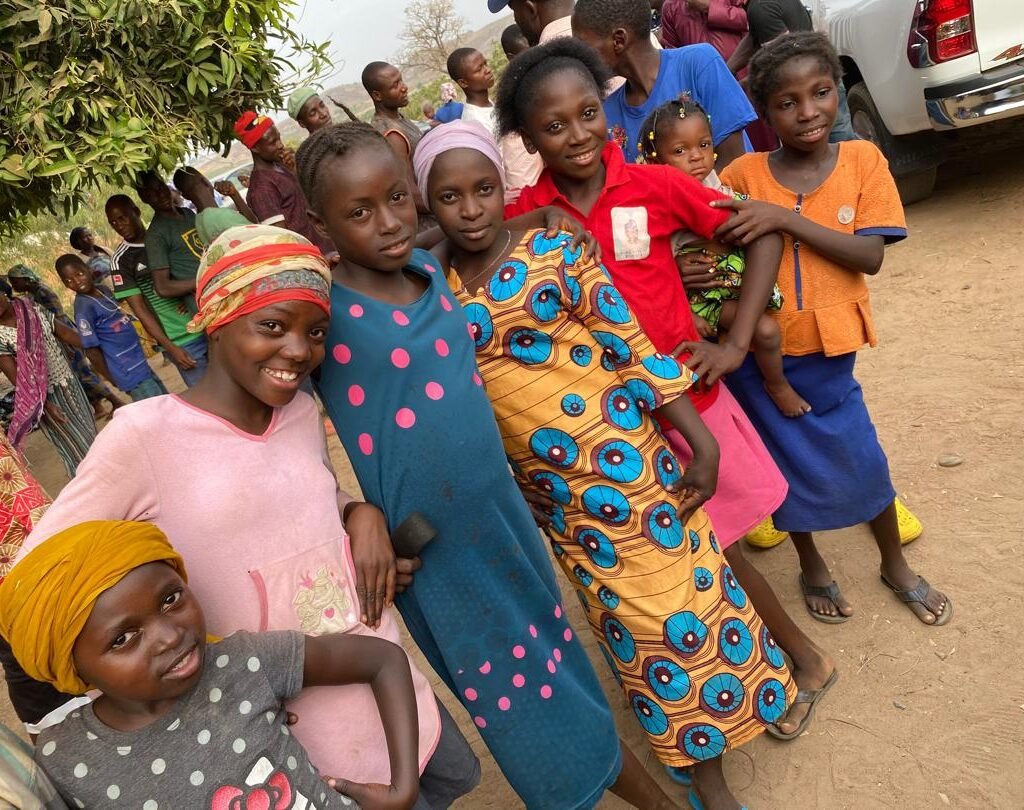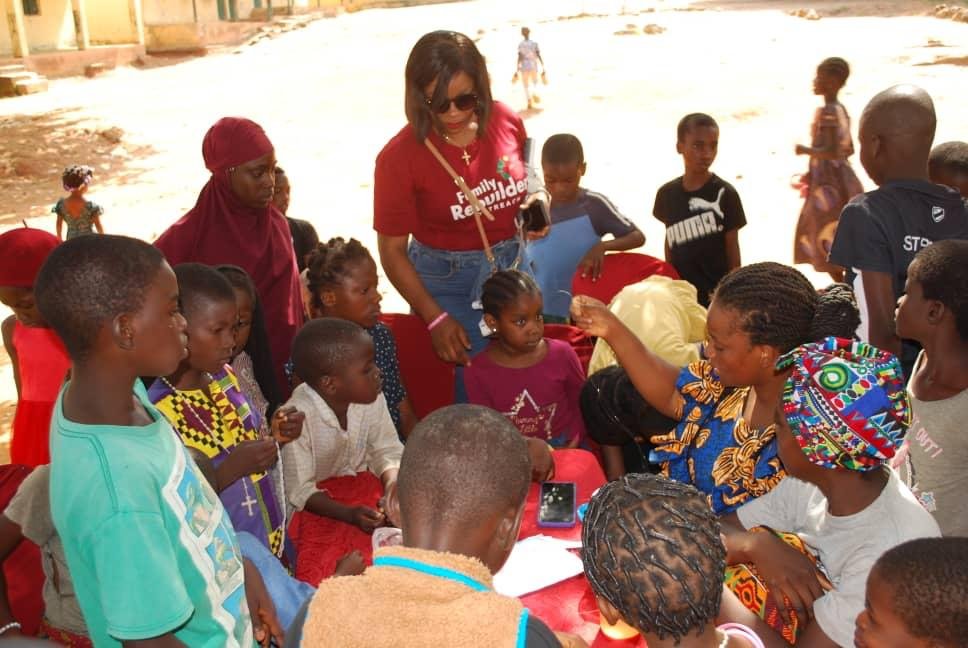
By Beatrice Anachuna
Family Life Counselor | Founder, Family Rebuilders | Children & Women’s Rights Advocate
The Hidden Pain Behind the Celebration
As Nigeria marks another Children’s Day with school parades, bouncing castles, sugary treats, and social media tributes, a deeper, more uncomfortable truth demands our attention: behind the bright smiles of many children are invisible scars scars of abuse, abandonment, neglect, and violence. While we celebrate their laughter today, thousands of children remain voiceless victims of trauma.
Unfortunately, many of the adults entrusted with their protection parents, guardians, teachers, religious leaders are either complicit through silence or paralyzed by societal and cultural norms. And this silence is not new.

The Ancient Cry: Dinah’s Story Revisited
In Genesis 34, we encounter Dinah, the daughter of Jacob, whose tragic story echoes across centuries. She was raped by a powerful man named Shechem, who then tried to legitimize the act by asking for her hand in marriage.
“He seized her, lay with her, and defiled her.” – Genesis 34:2
But perhaps more haunting than the violation itself was the silence that followed. Jacob her father, her protector did nothing. No outcry. No justice. No compassion. Just silence. Dinah’s pain was buried under the weight of political negotiations, family shame, and patriarchal indifference.
How many Dinahs walk among us today abused in silence, ignored by those who should shield them?
Modern Parallels: Today’s Silent Suffering
In cities and villages across Nigeria, children face violations that mirror Dinah’s experience. They are sexually abused by uncles, beaten by guardians, trafficked by strangers, and ignored by the system. The perpetrators often hide behind the veil of family, religion, or power, while the victims are told to “keep it in the family,” “forgive and move on,” or “leave it to God.”
Silence, in this case, is not virtue it is violence.
The VAPP Act: A Legal Lifeline
Unlike the era of Jacob, Nigerian parents today are not without tools. In 2015, the National Assembly enacted the Violence Against Persons (Prohibition) Act (VAPP Act) for the Federal Capital Territory, Abuja. Since then, over 30 states have domesticated the law, extending its reach and relevance.
The VAPP Act was designed to:
Eliminate all forms of violence, especially gender-based violence (GBV)
Offer legal and psychosocial support for survivors
Prosecute offenders
Mandate swift institutional response

The Act criminalizes sexual abuse, domestic violence, child neglect, emotional abuse, and economic exploitation. It empowers survivors to seek justice and safety while obligating communities to respond swiftly and decisively.
10 Years Later: A Decade of Progress and Pain
As the VAPP Act nears its 10th anniversary, there’s reason to celebrate and reason to reflect.
Progress includes:
Expanded access to survivor-centered services
Increased awareness and education
Stronger legal definitions of abuse
The boldness of more survivors speaking up
Yet, challenges persist:
Weak enforcement in some states
Limited funding and staffing
Cultural stigma leading to underreporting
Religious and traditional narratives that shame victims
Cultural Silence vs. Courageous Action
The societal culture that prioritizes family reputation over child safety must be dismantled. The practice of silencing children in the name of religion or “keeping peace” must end. Forgiveness is not a substitute for justice. Prayer is not an excuse for inaction.
Silence is not spiritual it is dangerous.
Parents must affirm to their children that their home is a safe space. That if someone hurts them, action will be taken. That their pain will not be brushed under the rug. That their voices matter.
Our Sacred Duty: Protect, Educate, Advocate
Children are described in Scripture as arrows in the hand of a warrior (Psalm 127:4). But what good are arrows if they are dropped, damaged, or dulled before they’re released?

We must:
Educate our children on their rights and body safety
Legislate to strengthen and implement protective laws
Activate community watch groups, hotlines, and safe spaces
Advocate for child-centered policies in schools, churches, and communities
Make It More Than a Hashtag
As you upload your Children’s Day photos, ask yourself a sobering question:
Am I doing enough to protect the child?
It’s time to move beyond balloons and hashtags. Let our love for children be loud, our protection be visible, and our commitment be unshakable. Every child deserves not just a celebration but safety, justice, and joy.
Beatrice Anachuna is a family life counselor, gender justice advocate, and founder of Family Rebuilders Outreach, a movement empowering women, healing families, and raising godly legacies. She writes from Abuja, Nigeria.








